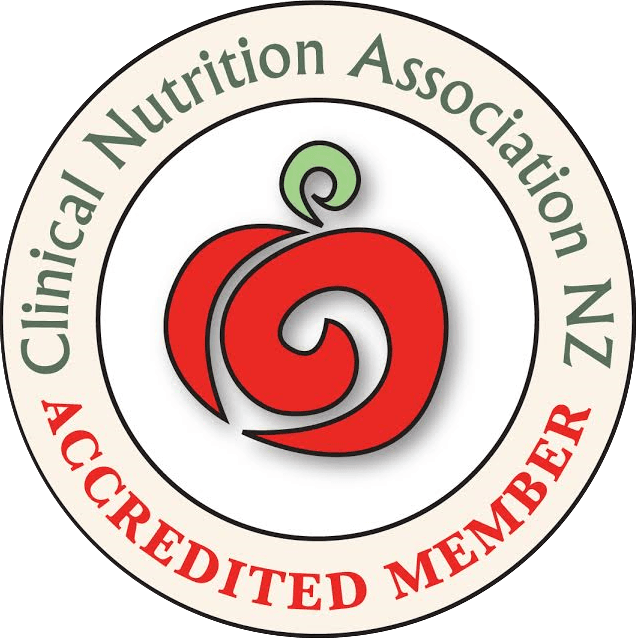It’s that time of year again, sniffy runny nose, sneezing, itchy watery eyes, shortness of breath, difficulty breathing…it can be misery for those that suffer from seasonal allergies. Yes, you can take medications such as antihistamines, corticosteroids and decongestants, but not without side effects such as drowsiness, dry mouth, bruising, insomnia and more. Natural treatment can be just as effective without all the side effects.
So what causes the allergies? Well, it’s mostly all the new Spring blooms. Although beautiful, the flowers, trees and fresh cut grass release pollen that can really irritate. So, how do you test to see what specifically you may be allergic to? Well, you can do a skin prick test which is the most common way of testing, or you can do a hair tissue mineral analysis where you will also get tested for food intolerances, (this is something I can do in clinic).
So, what do you do to help get rid of the allergy? Well, a strong immune system is key to fighting the sniffles. Our immune systems help protect us from all sorts of nasty bugs, but sometimes it can go into overdrive where the body over-reacts to a harmless substance and antibodies are produced to go on the attack, hence the symptoms. If you’ve just been in an accident, had surgery or gone through a very emotional or physical time, then that can weaken your immune system and result in the allergy symptoms. Stress of any kind plays a huge role in weakening the immune system, so it’s important to try and manage stress through lifestyle changes and complementary therapies.
Certain foods are best avoided during allergy season, especially those foods you have an intolerance to, so it’s important to get tested. Here is a list of some of the common foods to watch out for: alcohol, caffeine, dairy, peanuts, sugar, citrus, dried fruit, processed foods (additives, colourings, preservatives), artificial sweeteners, soy, wheat (gluten) and red meat. Do enjoy: vegetables, grass-fed meats, poultry, wild fish, probiotic rich foods (kefir, sauerkraut, kimchi, kombucha, yogurt), raw honey and bone broth. These foods will help boost immunity by ensuring a healthy gut environment.
A few simple tips to reduce exposure include: keeping the windows closed at night; avoid going out between 5-10 am when the pollen count is the highest; keep your car windows closed with air conditioning recirculating; stay away from farms and orchards and wear glasses to protect your eyes. Also, avoid hanging laundry outside and shower before bed to remove any pollen from the day. Try increasing your bioflavonoid rich foods such as red capsicum, strawberries, broccoli, spinach, garlic and green tea. Supplements that can help include: a quality multi vitamin, (I like Vitamin Code), Vitamin D (sources include cod liver oil, tuna, mushrooms, shrimp, sunflower seeds and eggs), Fish Oil, Quercetin which is a bioflavanoid and Green Tea Extract.
So, by eating foods that boost your immunity and removing foods you’re sensitive to, you can help alleviate the nasty symptoms from the common hay fever. Good luck!


